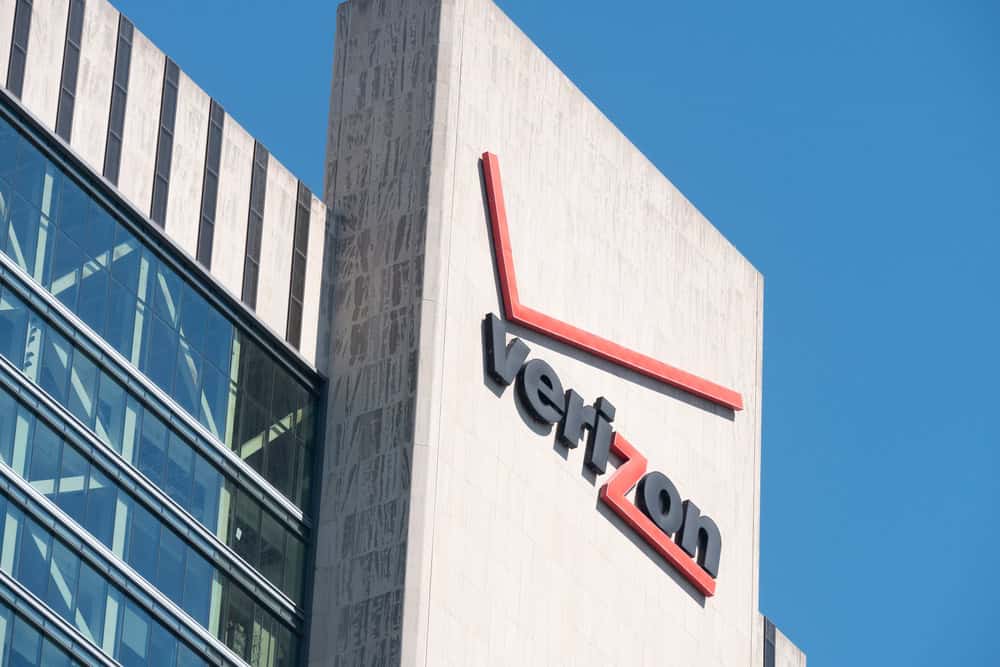Verizon’s announcement of a significant workforce reduction, affecting approximately 4,800 employees by March 2024, marks a crucial moment in the company’s strategy. This voluntary separation initiative, aimed at U.S.-based management positions, is part of broader operational adjustments designed to navigate a challenging market landscape. The telecom giant anticipates substantial severance costs between $1.7 billion and $1.9 billion, signaling the gravity of this decision. With competition intensifying and subscriber growth slowing, Verizon’s move reflects its intent to streamline operations and bolster long-term sustainability. The question remains: What does this mean for Verizon’s future, and how will these changes impact its workforce, communities, and overall market standing?
Overview of Job Reductions
Verizon plans to reduce its workforce by 4,800 employees by March 2024, approximately 4.5% of its 105,400 full-time workforce. This voluntary separation program, announced in June 2024, primarily targets U.S.-based management positions and aims to enhance efficiency and reduce operational costs.
Key Points:
- Workforce Impact: 4.5% reduction in U.S.-based management positions.
- Severance Costs: Estimated between $1.7 billion and $1.9 billion.
- Timeline: Approximately 50% of affected employees will leave by September 2024, with the rest departing by March 2024.
This move is part of Verizon’s larger restructuring plan, reflecting a broader trend in the telecommunications industry as companies adjust to economic challenges.
Reasons Behind Workforce Cuts
Verizon’s decision to implement these cuts stems from several strategic and market-driven factors:
- Slowing Mobile Subscriber Growth: Increased competition from other carriers has affected subscriber numbers.
- Operational Streamlining: Exiting non-strategic business segments and cutting real estate assets are part of efforts to enhance efficiency.
- Cost Savings: Workforce reductions will help reduce operational expenses amidst rising economic pressures.
This realignment reflects the company’s need to adapt to shifting market dynamics and secure its position in a highly competitive environment.
Financial Implications for Verizon
The financial impact of these workforce cuts is significant. Verizon anticipates pre-tax severance charges between $1.7 billion and $1.9 billion in Q3 2024, highlighting the magnitude of the decision.
Key Financial Details:
- Severance Costs: $1.7 billion to $1.9 billion.
- Other Restructuring Charges: $230 million to $380 million in asset divestitures, particularly real estate.
- Projected Earnings: Analysts project a Q3 2024 adjusted earnings figure of $1.18 per share, reflecting the impact of these severance costs.
The company’s stock has experienced slight fluctuations since the announcement, and analysts continue to monitor the long-term financial effects of the restructuring.
Industry Trends in Job Losses
Verizon is not alone in implementing workforce reductions, as other major companies in the telecommunications and tech industries are undergoing similar transformations:
Industry Examples:
- Intel: Announced over 15,000 job cuts recently.
- Google, Microsoft, and Amazon: All have undertaken workforce reductions in 2024 as part of operational realignments.
These moves signal an industry-wide trend as companies grapple with rising operational costs and an increasingly competitive market. Verizon’s decision aligns with this larger pattern of workforce restructuring across major industries.
Impact on Employees and Communities
Verizon’s job cuts will have significant ramifications for employees and their communities. The 4,800 affected employees represent not just individuals but families and communities that will feel the economic strain.
Employee Impact:
- Financial Stress: Severance packages provide short-term relief, but long-term job security is a concern for displaced workers.
- Morale: Remaining employees may face uncertainty and diminished morale as they witness colleagues losing their jobs.
Community Impact:
- Local Economies: Reduced household incomes could lead to lower consumer spending, further affecting local economies where Verizon’s workforce is concentrated.
The ripple effects of these workforce reductions will extend beyond the company, influencing local economies and employee morale.
Future Strategic Priorities
Verizon’s workforce reduction is part of a broader strategy to optimize operations and position itself for future success.
Strategic Initiatives:
- Asset Divestitures: Verizon plans to sell 5,000 to 6,000 cell towers, potentially generating $3 billion in the third quarter.
- AI Integration: The company is exploring generative AI for customer service, with the potential to retain approximately 100,000 customers through enhanced service offerings.
- Operational Streamlining: Exiting non-strategic segments and reducing real estate assets will further improve cost efficiency.
These initiatives are designed to help Verizon adapt to changing market conditions while ensuring long-term sustainability and competitiveness.
Market Reactions and Analysis
Market reactions to Verizon’s workforce cuts have been measured but cautious. The company’s stock price remained relatively stable, with a minimal decline, closing at $43.46. However, analysts and investors are closely watching how Verizon will balance immediate cost savings with long-term growth potential.
Key Market Indicators:
- Stock Price: $43.46 post-announcement.
- Projected Severance Costs: Up to $1.9 billion, weighing on short-term earnings.
- Adjusted Q3 Earnings: Projected at $1.18 per share.
While the market reaction has been tempered, the long-term impact on Verizon’s stock will depend on how effectively the company can navigate its restructuring and operational adjustments.
Final Thoughts
Verizon’s decision to reduce its workforce by 4,800 employees is part of a larger strategy aimed at operational efficiency and financial stability. As the company grapples with rising competition and economic pressures, these cuts are a necessary step to align with the evolving telecommunications landscape. The broader implications for employees, communities, and the industry as a whole are significant, and Verizon’s future success will depend on how well it can execute its strategic priorities.






